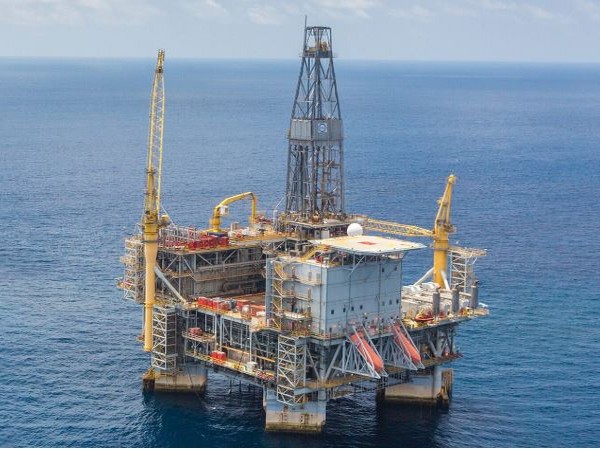EU fails to clinch deal on natural gas price cap
Not all questions could be answered today," German Economy Minister Robert Habeck said after the meeting, which overran by hours as country delegates hunted for a compromise. Countries including Germany, Austria and the Netherlands have warned against a gas price cap, which they fear could divert much-needed gas cargoes from Europe and disrupt the functioning of energy markets.

European Union energy ministers meeting in Brussels on Tuesday failed to strike a final deal on a bloc-wide cap on natural gas prices, after months of infighting over whether the measure can ease Europe's energy crisis. Responding to repeated requests from some countries, the European Commission proposed a price cap last month as the latest EU response to the economic upheaval caused by Russia cutting natural gas deliveries to Europe this year, leading to energy price spikes.
But with countries deeply divided over the details of the proposed cap, Tuesday's meeting did not yield a final decision - leaving EU energy ministers to try again for an agreement at another meeting on Dec. 19. "We have made progress, but we are not done yet. Not all questions could be answered today," German Economy Minister Robert Habeck said after the meeting, which overran by hours as country delegates hunted for a compromise.
Countries including Germany, Austria and the Netherlands have warned against a gas price cap, which they fear could divert much-needed gas cargoes from Europe and disrupt the functioning of energy markets. Other states, including Greece, Belgium, Italy and Poland have demanded a cap, which they say would shield their economies from high energy prices.
"European citizens are in agony, European businesses are closing and Europe has been needlessly debating," Greek Energy Minister Konstantinos Skrekas said on Tuesday ahead of the meeting. TECHNICAL DETAILS
Any deal will require countries to reach a compromise on technical details including how high the price limit is, to which gas contracts it applies, and safeguards, such as enabling the EU to suspend the cap immediately if it has unintended consequences. One senior EU diplomat said on Tuesday afternoon countries had struggled to agree on both the level and the scope of the cap.
Searching for a compromise, the Czech Republic - which holds the EU's rotating presidency - drafted a new proposal which would trigger the cap if prices exceed a range of 200-220 euros per megawatt hour over three-to-five days on the front-month contract in the Dutch Title Transfer Facility gas hub. The contract price would also need to be 35 euros higher than a reference price based on existing liquefied natural gas (LNG) price assessments.
The proposal is below the 275 eur/MWh price cap proposed by the European Commission, and was still being revised on Tuesday. The pro- and anti-cap camps of countries could each have enough votes to block a deal.
France could prove decisive in the final negotiations. It initially backed a price cap, but last week expressed concern over its possible impact on financial markets, three EU country diplomats said. French ecological transition minister Agnès Pannier-Runacher said on Tuesday any price cap must aim to "ensure the stability of the financial markets".
Last week the Intercontinental Exchange said the EU proposal could drive gas prices higher, while the European Central Bank said it could jeopardise financial stability. The EU has already agreed emergency energy measures this year, including gas storage requirements.
The outcome of the debate on the cap may also determine other policies - including faster permits for renewable energy projects - after countries opted to withhold approval last month without a deal on the gas price cap first.
(This story has not been edited by Devdiscourse staff and is auto-generated from a syndicated feed.)










